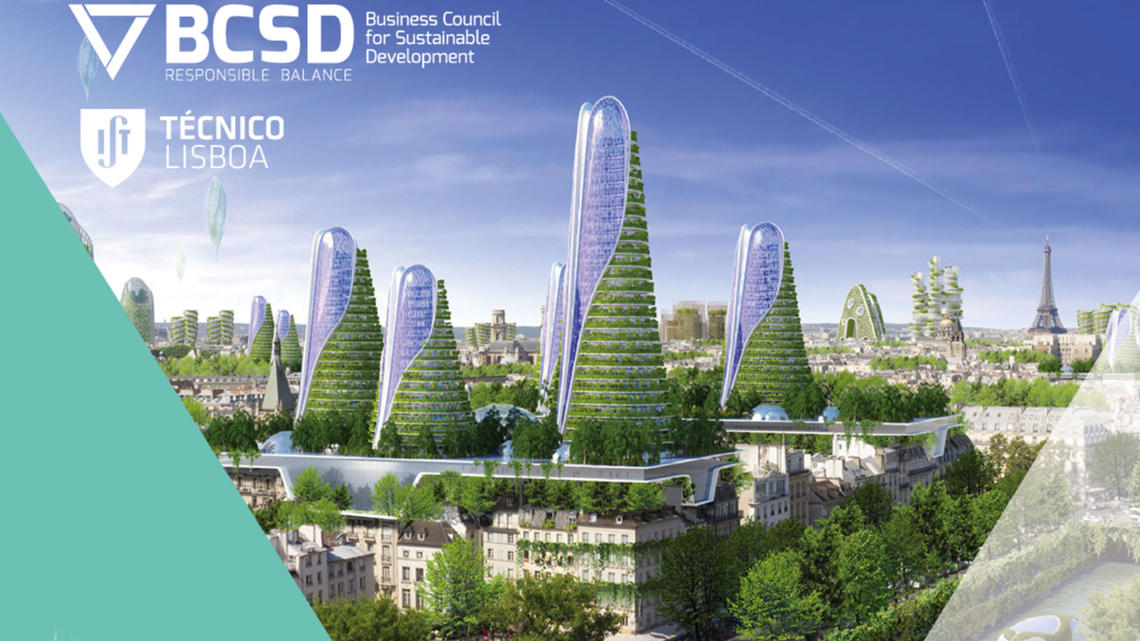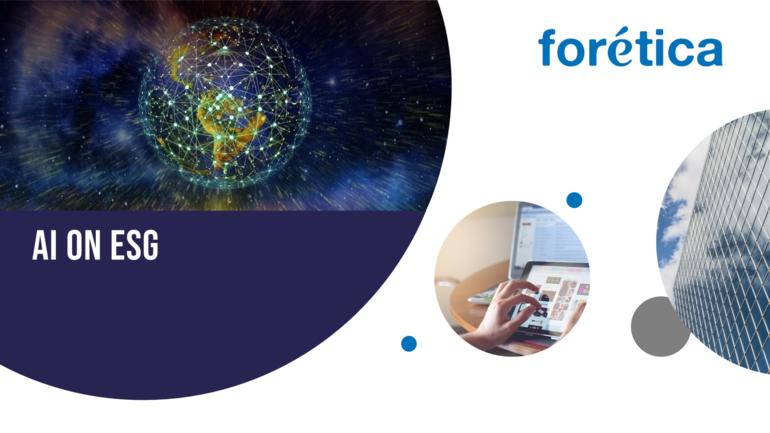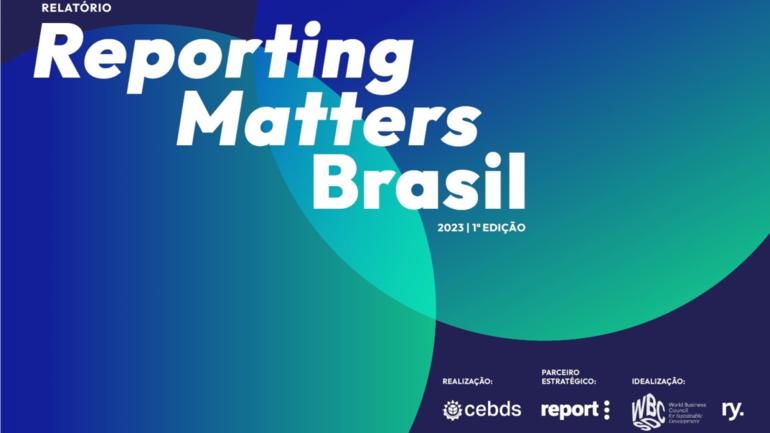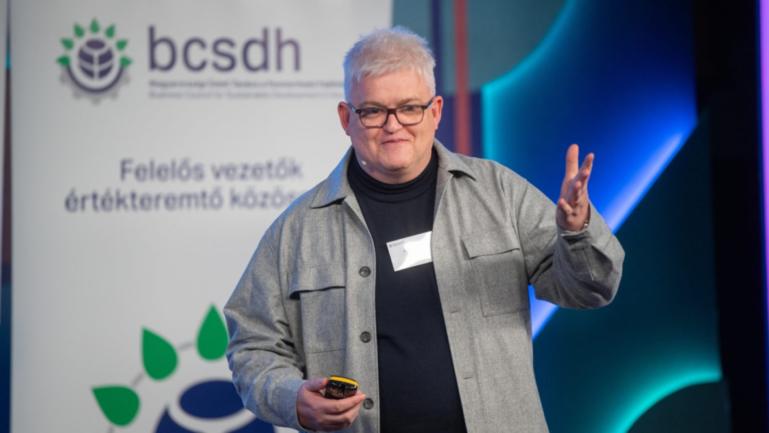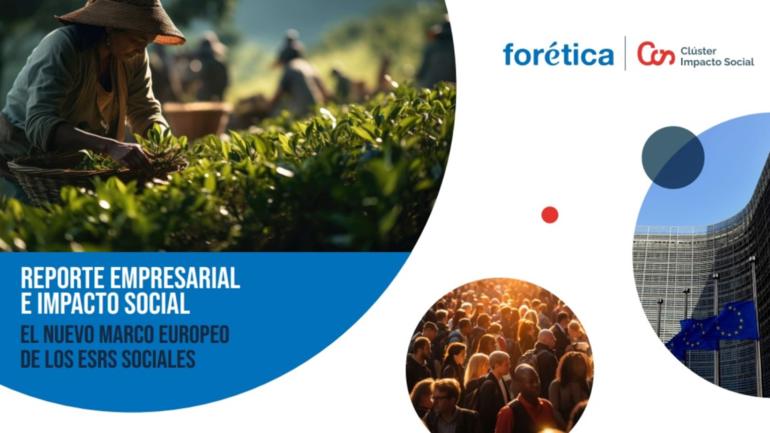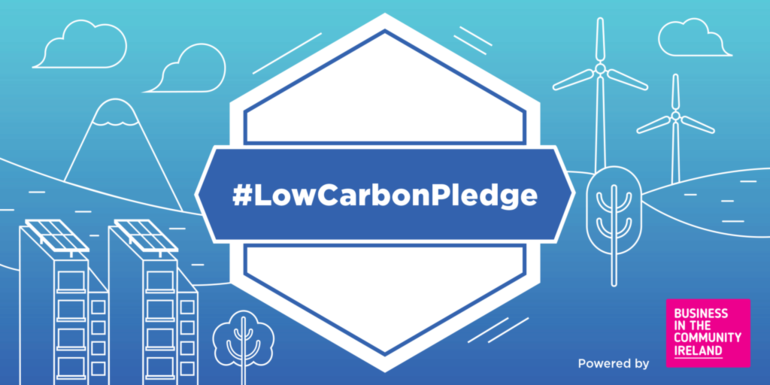Lisbon, 24 November 2017: BCSD Portugal has launched Meet 2030, which brought together companies of different sizes from different sectors, to imagine the future of Portugal in 2030 as it makes its transition towards a carbon neutral economy by 2050.
The key conclusion of Meet 2030 is that in order to achieve an inclusive, carbon neutral economy by 2050 in Portugal, based on innovation, new business solutions and partnerships, identifying the green and e-skills needed to support this transition will be crucial, and, in particular, understanding how existing skills can be adapted and new skills developed to deal with this new reality and avoid the potential unemployment generated by automation.
Meet 2030 was presented at a high-level event in Lisbonattended by WBCSD President & CEO Peter Bakker and chaired by AntónioMexia, Chairman of BCSD Portugal and Chairman of the Board of EDP. Bakker underscored the importance of innovation in the transition to a cleaner economy.
For his part, United Nations Secretary-General António Guterres, via video message, conveyed his belief that the transition towards a low-carbon economy represents a growth opportunity for business. He encouraged attendees to scale up their ambition, all the while thanking them for their leadership and commitment.
About Meet 2030
Meet 2030 is based on a scenario planning process, involving around 30 Portuguese companies, from 13 different sectors, representing approximately 20% of the nation’s GDP, in four workshops over a period of 10 months, and involving several interactions with other organizations, such as the Portuguese Ministry of Environment, the APA, the Portuguese Energy Agency and the Secretary of State for
Industry. These companies, in a cooperatively constructive and bottom-up process, developed two potential scenarios that the economy could face through to 2030: The Ostrich Scenario and the Iberian Lynx Scenario.
- The Ostrich Scenario describes a situation in which Portugal lags behind, in a world transformed by new developments in technology, the environment and energy. In this scenario of stagnation, Portugal manages to comply with the existing, less demanding requirements of the National Low-Carbon Roadmap, but with a fall in GDP. Portugal is becoming ever more peripheral in nature, becoming less attractive for investment. The banking system is unable to adequately support economic development, resulting in a fall in the country’s stock of capital. There is an inability to align technological development and investments in science, technology and innovation with the great societal challenges that the country faces. Portugal is thus unable to attract and retain talent. At the same time, automation and the fact that there are fewer individuals working or actively searching for jobs contributes to high unemployment and to greater social unrest.
- The Iberian Lynx is a scenario of high stability, growth and competitiveness, with significant EU economic growth, financial stabilization of the Portuguese economy and higher levels of investment. In this scenario, the recovery is based on strong cooperation between economic agents within the country and between Portugal and other countries. The banking system recovers and helps support economic development. The result is an increase in Portugal’s stock of capital each year. There is an effective digitalization policy, with both a vision and goals, supported by a strong political commitment and close cooperation between agents, while coordination between Government policies and the needs of companies exist, in order to address new societal challenges. This leads to an ability to attract and retain talent and in a fall in unemployment rates.
More information
For more information on Meet 2030, please visit this web platform and contact Ana Marreiros at ana.marreiros@bcsdportugal.org

